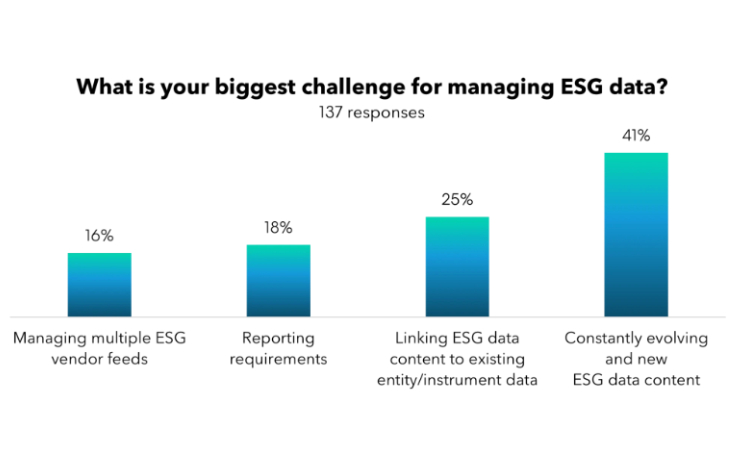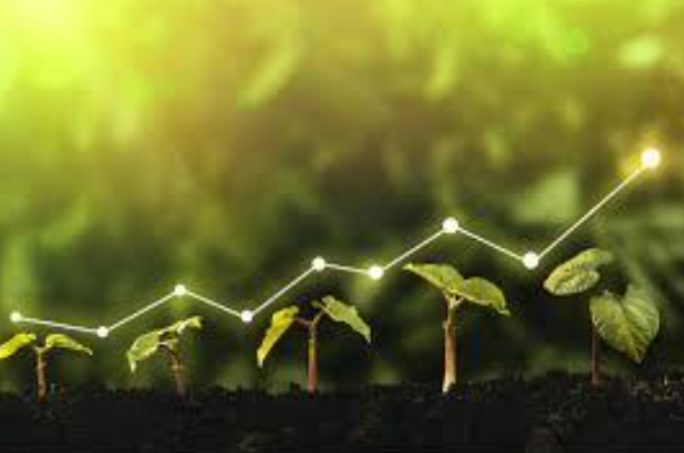When did ethical and sustainable investment strategy become a serious consideration for shareholders, investors and asset managers?
Global investment focus of shareholders, investors, and investment managers is shifting. We are currently seeing the transfer of wealth to millennials, environmental disasters, costs and risks increasing, and improved performance of operations through sustainable practices.
The importance of environmental, social and governance (ESG) factors, in investment decision making, as Boston Consulting Group point out in their recent article;Investors Care More About Sustainability Than Many Executives Believe, that 75% of senior executives in investment firms see ESG factors as materially important to their investment decision. The disconnect is evident that only 60% of companies have a sustainability strategy, and just 25% have developed a clear business case for sustainability.[1]
ESG incorporates a wide range of impacts on the risk and return values of an investment. These issues may be surrounding regulation changes, business ethics, or direct impacts on financial, operational, strategic or reputational risks. Examples of such risks are:
-
Environmental: natural resources, waste, climate change, pollution, and clean technology.
-
Social: health and safety, local community, human rights, and human resources.
-
Governance: compliance, regulation, reporting, conflict of interest in employee, shareholder or board levels.
The transition from purely fundamental investment approaches, to consider the medium to long-term impacts of our business decisions in environment, social and governance will affect the market from small to medium business, suppliers, manufacturers, supply chain, agribusiness, healthcare, large corporates, and listed business all the way up to multinationals. Investment and flows of capital are what drive our economy and the complex ecosystem of the global economy understands the value of sustainable ESG strategy in where they want to invest their funds.
The Australian market has typically struggled when coming to terms with how to evaluate environmental, social and governance business policy, and often does not consider it cost effective. Reporting on ESG in Australia up until recently, was not an important process for listed business, and investment into internal ESG risk reduction strategy minimal.
The range of environmental impacts on businesses and their operations can vary significantly and some organisations are better placed to take advantage of these more than others. To quantify environmental risk is a challenging process to put in terms of monetary value, however, the transition to a low carbon economy is a key driving force. To achieve a low carbon economy requires investment into improving operational efficiencies within energy, waste and water usage by utilising clean technologies.
Social impacts and risks require analysis into a business’s immaterial characteristics and not found on a balance sheet, such as culture, employee productivity, relationships with customers, health and safety, community engagement and sustainable supply chains. Social business decisions often surround ethics working in conjunction with profits. Although not often a direct impact on business performance, social and ethics are an important process of modern business practices.
External analysis on business governance processes can also present its challenges. Corporate behaviour, decision making and policy require listed business to report extensively usually wrapped up in large volumes of data. One clear example of governance risk was Volkswagen’s diesel emissions scandal in 2015. In EY’s report, Tomorrow’s investment rules: How global institutional investors are using ESG to inform decision-making in 2015, (2015) mentioned that ‘nearly two thirds of those surveyed believe that companies do not adequately disclose ESG risks.’[2]
Harvard Sustainability Review, (2012), did a direct comparison between High Sustainability organisations to Low Sustainability organisations of similar size, operations and sectors. ‘In particular, we track corporate performance for 18 years and find that High Sustainability firms outperform Low Sustainability firms both in stock market as well as accounting performance.’[3]
The opportunity to improve ESG performance is at a crux for both listed and private business. Investments into sustainable practices improve long term bottom-line performance, mitigate risk and now represent an important part of business. Although driven by investors, companies need to realise the importance of comprehensive ESG reporting, creating sustainable strategy and building ethical business culture. The 21st century, educated, ethical investor and consumer is here, and they see value in sustainability.
By James Cronan – ESGI James.C@esgri.com
[1] Unruh, Kiron, Kruschwitz, Reeves, Rubel, Meyer Zum Felde, G.U., D.K., N.K., M.R., H.R., A.F., 2016.Investors Care More About Sustainability Than Many Executives Believe . 1st ed. Global: Boston Consulting Group.
[2] Bell, Gordon, M.B., J.G., 2015. Tomorrow’s investment rules: How global institutional investors are using ESG to inform decision-making in 2015 . 1st ed. Global: Ernst and Young.
[3] Eccles, Ioannou, Serafeim, R.E. I.I. G.S., 2012. The Impact of Corporate Sustainability on Organizational Processes and Performance. 1st ed. USA: Harvard Business School.
Contact us to discuss how your organisation can reduce ESG risks, create an effective ESG strategy, reduce their carbon footprint and better manage ESG risk in your supply chain.









